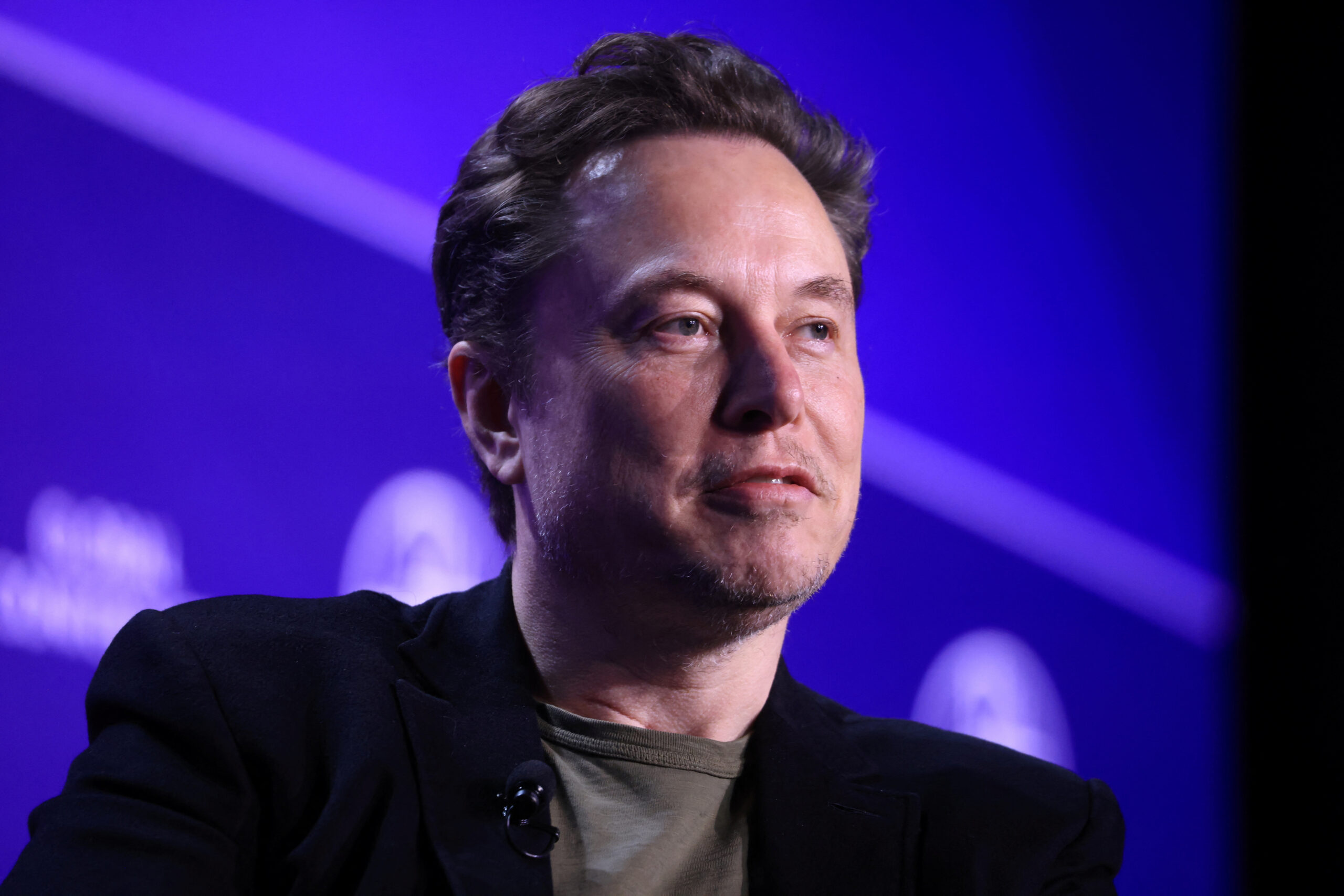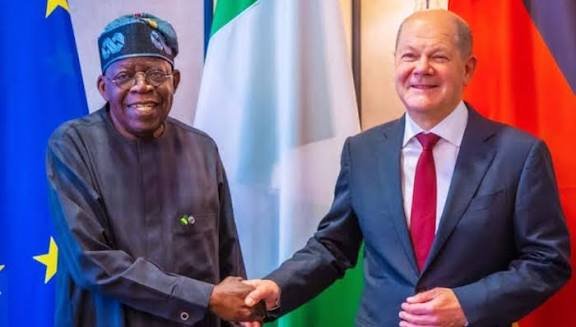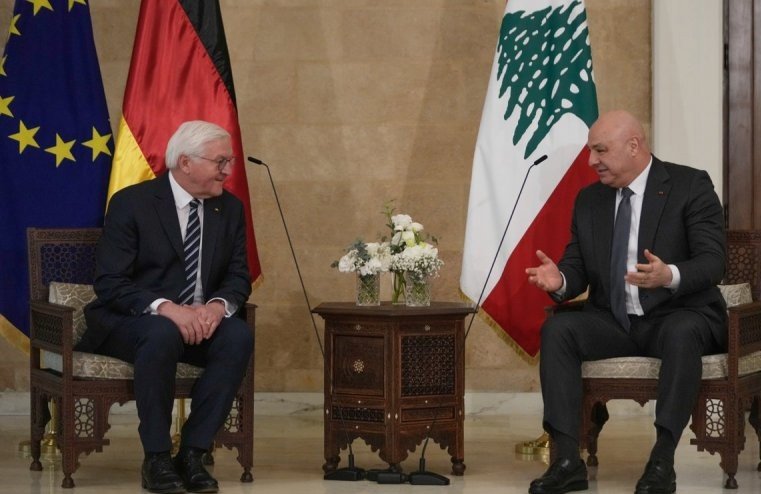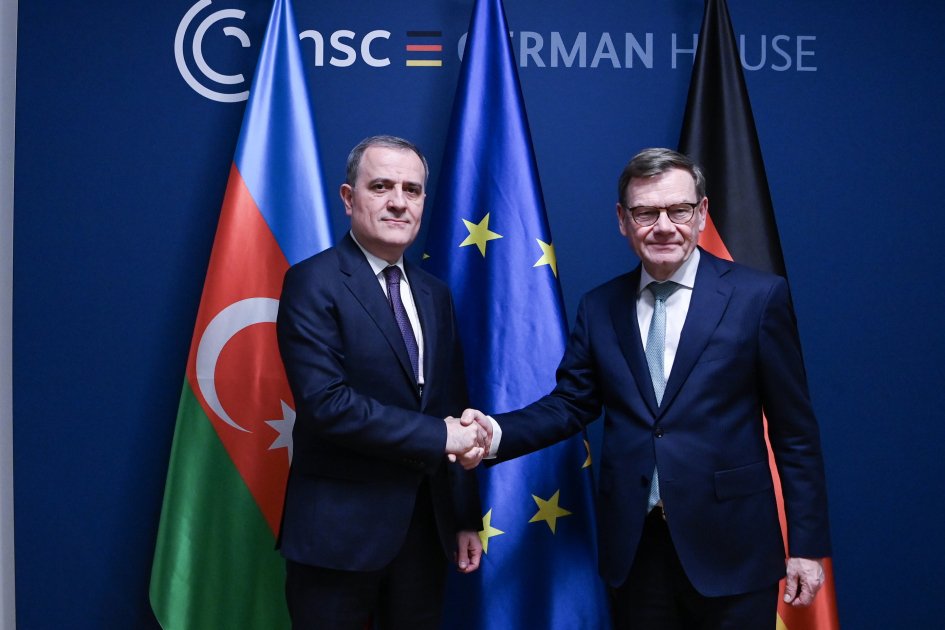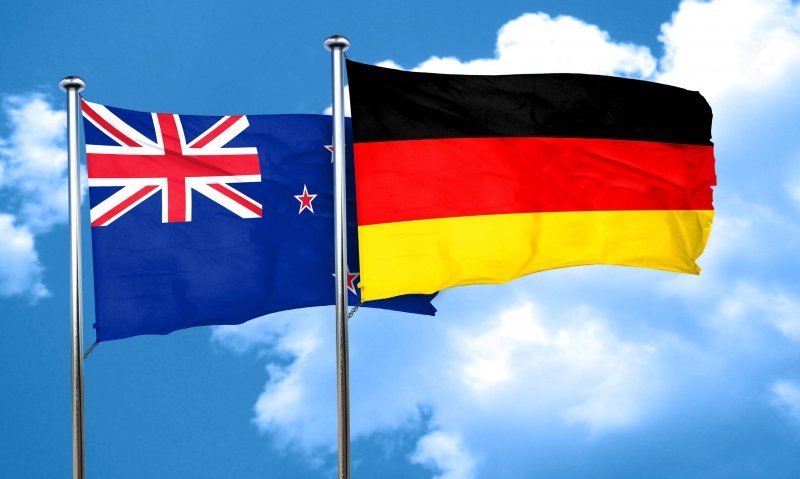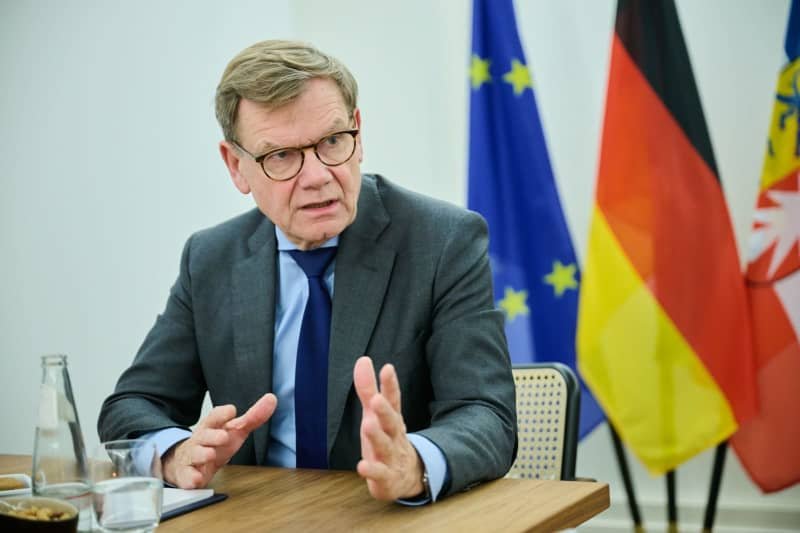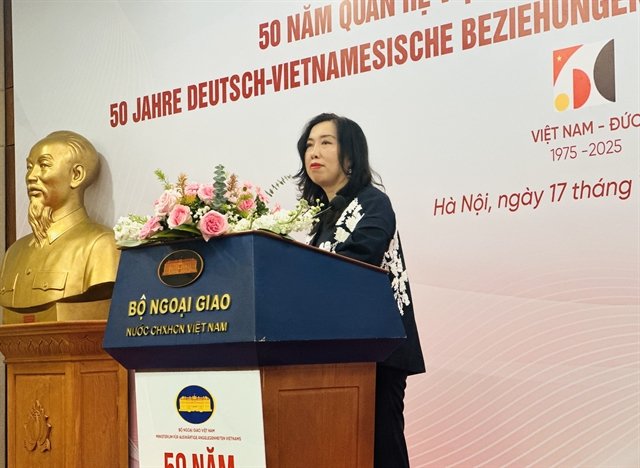Berlin, December 20, 2024 – The Europe Today: Billionaire entrepreneur Elon Musk, set to serve as an outside adviser to U.S. President-elect Donald Trump, stirred controversy on Friday by endorsing Germany’s far-right Alternative for Germany (AfD) party. Musk called the AfD “Germany’s savior” in a post on his social media platform, X, drawing sharp criticism from German political leaders.
The AfD, which ranks second in opinion polls, poses a significant challenge to forming a majority coalition of either the centre-right or centre-left in Germany’s upcoming national elections on February 23. The elections were called after the collapse of Chancellor Olaf Scholz’s centre-left coalition government. However, mainstream parties across the political spectrum have pledged to exclude the AfD from any coalition agreements.
“Only the AfD can save Germany,” Musk wrote on X, reiterating his support for anti-immigration parties across Europe. The comment accompanies a growing pattern of Musk’s controversial political statements, with critics accusing him of meddling in European politics.
Musk’s post referenced German right-wing influencer Naomi Seibt, who had criticised Friedrich Merz, the conservative candidate for chancellor. Merz’s Christian Democratic Union (CDU) leads in surveys, but his position has been overshadowed by polarizing commentary surrounding the AfD’s rise.
The German government declined to comment directly on Musk’s statements. “We have noted the post,” a spokesperson said during a press conference, offering no further remarks.
Matthias Miersch, secretary-general of Scholz’s Social Democrats, denounced Musk’s intervention, telling t-online: “Germany does not need foreign influences or ‘Trumpism.’ Stay out, Elon.”
This marks the latest instance of Musk leveraging his global influence and wealth to engage in political matters outside the United States. The world’s richest person has faced criticism in the past for his support of anti-immigration movements in Europe, fueling fears of external interference in sovereign political processes.
Germany, Europe’s largest economy, now faces heightened political tensions ahead of its February elections. Observers warn that the AfD’s growing influence could destabilize traditional coalition-building efforts, further complicating governance in a fractured political landscape.
